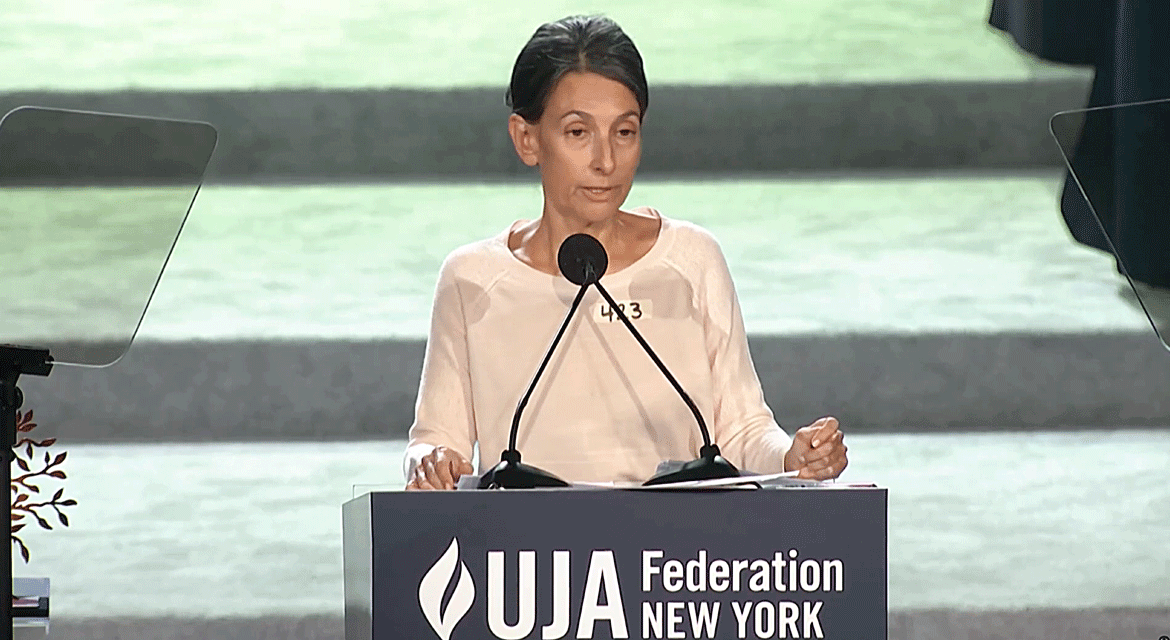Until this week, Omer Neutra’s parents believed he was being held in Gaza, a hostage but still alive. On Monday, as we now know, their hope was tragically extinguished upon learning that Omer had, in fact, been murdered by Hamas terrorists on October 7. Omer's remains are still being held in Gaza.
We all know young people like Omer. Just 21, he was an American who deferred enrollment at Binghamton University to serve in the Israel Defense Forces. Omer attended the Schechter School of Long Island and Young Judaea’s Sprout Lake Camp (both UJA beneficiaries). He worked as a counselor at Ramah Nyack and served as president of the New York chapter of United Synagogue Youth.
In other words, he was of our community. As familiar to us as our own children or grandchildren and their friends.
At Tuesday’s memorial service for Omer, held on Long Island, his parents, Orna and Ronen, sat beside Rachel and Jon Goldberg-Polin, whose son, Hersh, was among the six hostages killed by Hamas in late August.
In an unforgettable image, Rachel clutches Orna’s hand, a searing portrait of two mothers united by an unfathomably painful bond.
As the war progresses, Israel has incredibly reasserted its military might in the region, a critical deterrent after the shock of October 7. But the 100 hostages, alive and dead, remain a deep and open wound. How does a country carry on when its sons and daughters, spouses, parents, and grandparents are still not home?
The night before the memorial, we had the profound honor of hearing Rachel address a UJA audience. In her first public remarks in the United States since Hersh’s funeral, she delivered a gripping speech at our Wall Street Dinner, holding a room of 1,700 in absolute, rapt silence.
I urge you to watch it, in its entirety.

